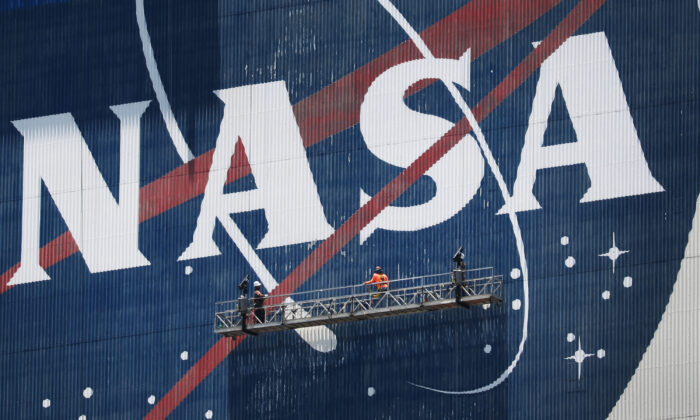NASA Researcher Pleads Guilty to Concealing China Ties
A senior NASA scientist pleaded guilty on Jan. 13 to lying about his ties to a Chinese-backed program designed to harvest talents from the West and transfer intellectual property to China, the Justice Department announced.
Meyya Meyyappan, 66, joined NASA (National Aeronautics and Space Administration) in 1996 and has been the chief scientist for exploration technology at NASA’s Ames Research Center in California’s Silicon Valley since 2006.
He was charged with one count of making false statements and could face a maximum five-year prison sentence and up to $250,000 fine if convicted, according to a Justice Department press release. The court hearing is scheduled for June 16.
Prosecutors said that Meyyappan had participated in China’s state-run Thousand Talents Plan and held positions at universities in China, South Korea, and Japan without NASA’s knowledge. The Thousand Talents program has recruited thousands of experts globally since its inception in 2008, according to Chinese state media reports.
NASA prohibits “any outside employment activities” without approval, including engagement as a speaker or teacher, U.S. attorney Audrey Strauss said in the court complaint. As a NASA employee, Meyyappan is also required to report annually any additional income exceeding $5,000, gifts, and travel reimbursements.
Meyyappan failed to disclose these activities to NASA. Around 2016, he applied for and was accepted into the Thousand Talents Plan, through which he traveled to China and recommended other candidates into the program, according to prosecutors. Beginning in 2014, he worked as a visiting professor at a Chinese research university, giving lectures, writing research papers, and receiving compensation for his travel. He also started similar engagements at a South Korean university from 2009, and at a university in Japan from 2013.
When questioned by federal investigators in October 2020, Meyyappan denied his membership in the Thousand Talents Plan and his Chinese employment.
“Members of U.S. government agencies are strictly prohibited from maintaining undisclosed affiliations with foreign entities, especially those that are actively seeking our intellectual property and technological advances,” said FBI Assistant Director William Sweeney Jr. “Actions like those carried about by Meyyappan can have security implications, and his charges should serve as a warning to others thinking about engaging in the same type of activity.”
While the court complaint didn’t name the specific universities, public records show that Meyyappan had repeated speaker appearances in China’s southeastern Suzhou city.
He made a themed speech as a nanotechnology expert at the 2016 CHInano Conference and Expo in Suzhou, which aims to “share the latest scientific and technological achievements, cutting-edge information and development trends,” according to its website.
Meyyappan was again featured as a “celebrated guest” in 2020 during the same conference, which convenes annually under the directive of China’s government-funded agencies.
Meyyappan also made a presentation about the applications of nanotechnology in May 2014 at the Soochow University’s College of Nano Science and Technology. His name has appeared in multiple scientific papers co-authored with Soochow University-affiliated scholars.
He is also listed as a “distinguished visiting professor” at the division of IT convergence engineering at Pohang University of Science and Technology, a top private university in South Korea.

Replies